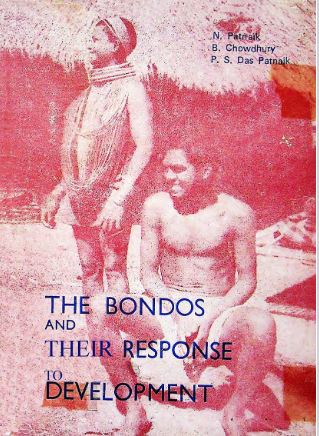In 1987, N. Patnaik and his co-authors published a compelling essay titled “The Bondos and Their Response to Development,” which delves into the intricate dynamics between the Bondo tribal community of India and the external forces of development. This work serves as an essential resource for understanding how marginalized tribal populations interact with modernization efforts, highlighting the nuanced challenges they face in preserving their identity while engaging with contemporary socio-economic paradigms.
The Bondos inhabit the Kandhamal district of Odisha, characterized by their distinct cultural identity, social structure, and practices. They have traditionally been a self-sufficient community, relying on agriculture and forest resources. Patnaik et al. present a vivid portrait of the Bondo lifestyle, underscored by their rich traditions, social cohesion, and deep connection to their ancestral lands. This cultural heritage is crucial to their identity, which comes under threat when confronted with the pressures of development.
The essay meticulously outlines the historical context surrounding the Bondos, discussing how colonial policies and post-independence governance have impacted their livelihoods and societal structures. The authors argue that development initiatives often fail to consider the Bondo’s unique needs and aspirations, leading to adverse outcomes. For instance, the introduction of modern agricultural practices and external market systems undermines traditional farming techniques and disrupts local economies.
Patnaik and his colleagues analyze various development projects aimed at integrating the Bondos into the mainstream economy. They critically assess the effectiveness of these projects, revealing a common pattern: the development initiatives frequently disregard the agency of the Bondo people. There is a tendency for policymakers to impose external frameworks without engaging in meaningful consultations with the community. This approach often results in a disconnect between the intended benefits of development and the actual experiences of the Bondos.
Moreover, the essay highlights the Bondo’s resistance to certain external influences. The authors illustrate how the community has navigated the complexities of development by selectively adopting elements that align with their cultural values while rejecting those perceived as detrimental. This selective assimilation reflects their agency and adaptability, demonstrating that they are not passive recipients of development but active participants in shaping their socio-economic destiny.
The authors also address the critical need for culturally sensitive development strategies that empower tribal communities rather than undermine their traditional practices. They advocate for policies that recognize the Bondos’ rights over their lands and resources and promote their involvement in decision-making processes. By fostering an inclusive dialogue, Patnaik et al. assert that development can be reframed as a collaborative journey that honors the wisdom and needs of indigenous populations.
In conclusion, “The Bondos and Their Response to Development” serves as a poignant reminder of the importance of contextualizing development within the socio-cultural frameworks of tribal communities. N. Patnaik and his co-authors provide valuable insights into the Bondo experience, urging policymakers, anthropologists, and development practitioners to approach tribal development with humility and respect. This work not only illuminates the challenges faced by the Bondos but also emphasizes their resilience and capacity for agency in the face of external pressures. It stands as a call to reimagine development in a way that is equitable, inclusive, and inherently respectful of cultural diversity.
Books Info
| Books name | The Bondos And Their Response To Development |
| Author | N Patnaik, et al. |
| No Of pages | 218 |
| Publisher | NA |
| Publication | 1987 |
| Printed At | NA |
| Distributor | NA |
The Bondos And Their Response To Development Sample
The Bondos And Their Response To Development Full Pdf Download

